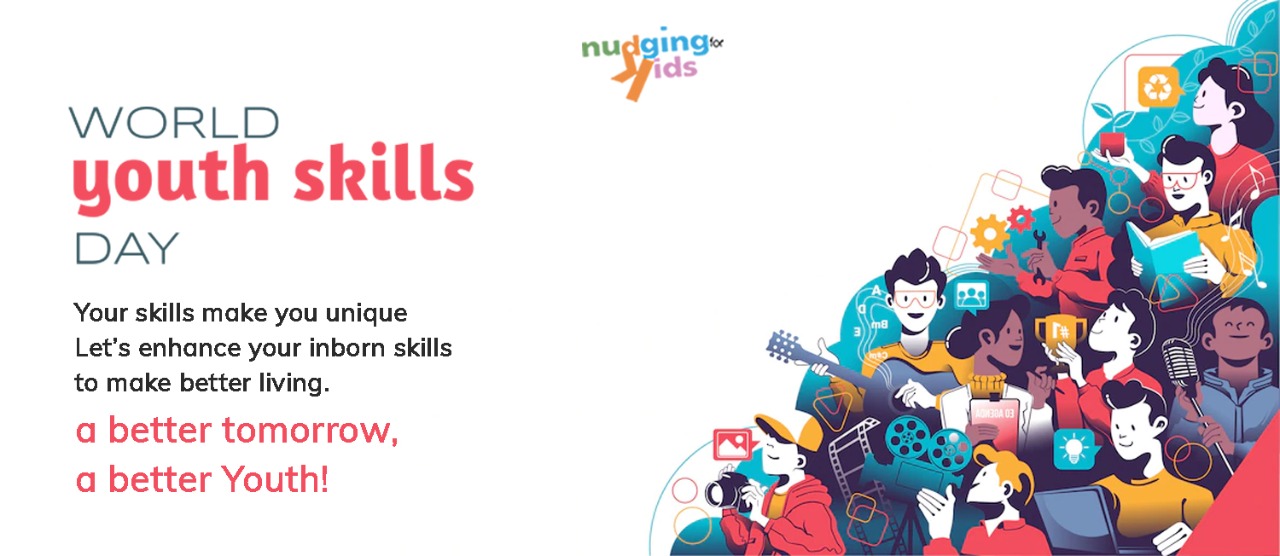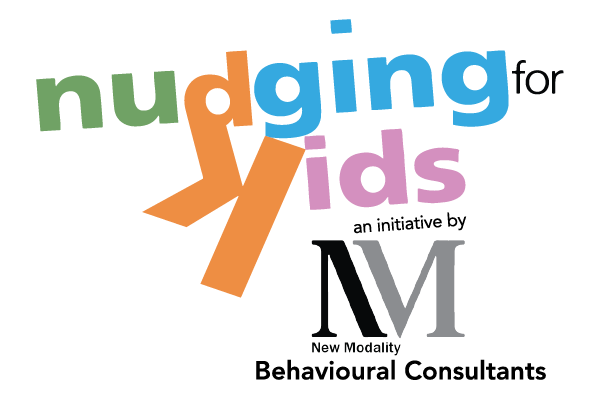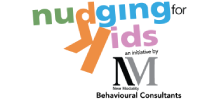
16 Jul Youth Skills Day
The youth of today don’t need sermonising. It is a generation already grappling with social, moral and societal dilemmas. What it really needs is a direction. However, showing them the direction will impact only a percentage of the demographic. Cajoling them into meandering their own way will help ensconce a much larger populous. This is where helping youngsters develop core skills becomes a paramount necessity and a core objective not just for the educators of today. This is also a journey that defines good upbringing because instilling a thought process of this nature is a combined process by both parents and teachers alike.
The Core of the Matter
Core life skills are a special breed of hobbies and functions that allow youth to better understand and develop process driven and meticulous approaches to functions needed in the everyday walk of life. Core life skills help instil a sense of discipline and responsibility which are beneficial with school, work, outside interests, and social relationships successfully. They also have an integral perspective on brain development including but not limited to planning, focus, self-control, awareness, and flexibility. This is why core skills are also commonly referred to as “executive functions” or “self-regulation” skills.
Show! Not just Tell!
Teaching children core life skills and encouraging them to use them every day is not a templated job or a role. Different age groups react differently to learning about core life skills. Let’s take a succinct look at how three primary age groups need to be handheld into learning, mastering and executing these kinds of executive functions regularly and with a considerable level of success.
Elementary School
At this stage of life, we are dealing with children aged 05 to 09 years. Children at this tender age are like sponges who are capable and happy to repeat things that are taught to them in a measured and process driven manner. Teaching them new core life skills at this age is relatively easier and usually entails a simple four step process.
Usually, at home, an instruction sounds more like a nag. So rather than telling children what to do, it may be prudent to create an environment of interest for them beforehand. Step 1 is all about creating this hands-on approach and getting children excited for what they will soon be learning.
In step 2 parents actually starts demonstrating the core life skill so that the children can see what they have just been spoken to about.
In step 3 its now down to the children to try their hand at the core life skill and replicate what the instructor has shown them how to do. Generate interest by doing the activity with them while generously using videos and other optical references, or then simulating real life situations for the children to remain excited.
And ofcourse step 4 is a reviewing process where the parents’ lauds children either on a good effort or on achieving the set goal of the life skill. This effort should be rewarded with intangibles like family time, friends time or even extended TV and Game time.
Middle School
When we think of middle school, we think of children aged 09 to 13 years. This is a highly influential age for children where they start developing a sense of opinion, likes and dislikes. In this delicate age, children may either take to learning and executing core life skills or then they may also alternatively hate the idea of doing them. The approach towards children in this age cannot only be demonstrative or authoritative. Infact if anything it needs to be tactful and patient by the parents.
- Encouraging children to read and read extensively helps them broaden their horizons while also meandering towards a life skill that passes off as a hobby to begin with.
- Children at this stage should be encouraged to ask questions. Without fear, judgement, chiding or prejudice of absolutely any sort. This helps them to become more expressive and bolder.
- This is also an age where children should be encouraged to have a role model who they can look up to. This helps them to ape and imbibe the good qualities of the role model which more than often include core life skills.
- Working on communication skills right from this age is also important if children are going to become expressive, obedient and also contributors towards future society. It helps them connect, exercise self-control, think critically, and take on self-directed challenges.
Encouraging children to carry out smaller basic chores in and around the house helps them to start putting these core life skills into real time practice. Selling lemonade by the street, washing cars, helping the elderly and running small errands over the weekend are suitable examples.
High School
The teenage years in children’s lives are usually a tumultuous journey of self-discovery but not without anguish, a rebellious attitude towards societal norms and self-depreciation. This is an age when children are just as likely to choose nefarious paths as they are to feel independent. As parents the onus falls on us to help ease them into this journey and equip them with core life skills to take on the world while being relatable role models who the teenagers can follow.
- Teenagers usually learn by observing, listening, exploring, experimenting and asking questions. As parents it is important to try and gain their trust and confidence.
- Helping them to find their motivation and interests is always a great way to introduce them to life skills.
- Exploring, experimenting and asking questions helps them become and stay engaged rather than meander into trouble. Their ability and propensity to do this should be encouraged all the time.
- Encouraging them to volunteer and help and become wanted and integral parts of society at a young age gives them a feeling of responsibility and independence.
- As we stand on the cusp of celebrating youth skills day, as educators we need to also understand the importance of introducing children across different age criteria to the importance and benefits of core skills. There is no debate as to how important core skills are in the lives of a future generation poised delicately to assume the responsibilities of ergonomic and rapidly diversifying society.
- There must however be continued research and deliberation on how best to sensitize the youth of today for them to have an even better, brighter and more productive tomorrow.


